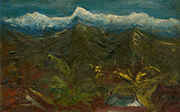A Brief History of BangkahBangkah is located in an area where Dahan River, Xindian River, and Tamshui River converge. This geographic advantage made Bangkah a great distribution center in Taipei as more and more Han Chinese were coming to cultivate the land. Most of the Han Chinese were from Sanyi, Anxi, and Tongan of Quanzhou. The main trading products were rice, sugar, camphor, and tea. Fertile agricultural land and a fast growing population gravitated Taiwan’s economic center to the north. Bangkah also became an important trading hub. 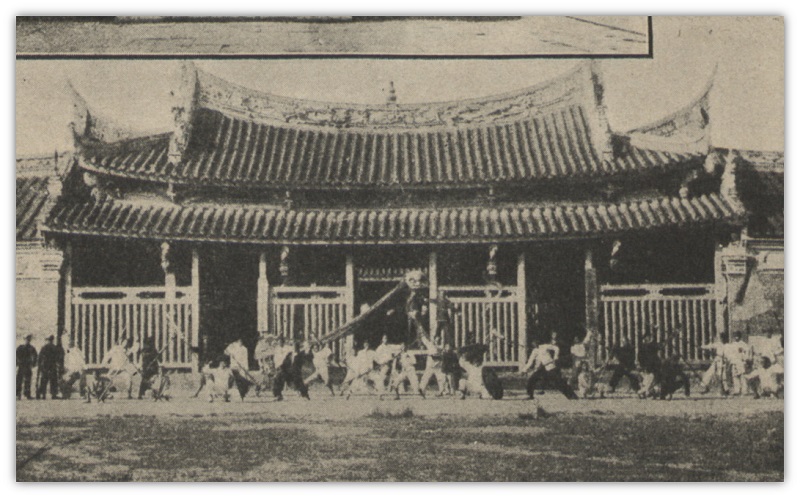 Figure 10: A photograph of a festival held in Lungshan Temple.
Source: Identifier: B0115_00_00, Taiwan Rare Book Collections A Brief Journey through BangkahAs a busy hub for many companies, there were abundant business letters sent from Bangkah. One example of this is the Chinese enterprise Tai-yi hao in Nagasaki, which was founded by Chen Guo-liang (1840-1908) and Chen Shi-wang (1869-1940). In the 1860s, Chen Guo-liang left his hometown Kinmen and learned how to conduct business with his relatives in Nagasaki, Japan. First, he and friends established Tai-chang hao, which sold wholesale groceries. After accumulating enough experiences and assets, Chen Guo-liang and his son Chen Shi-wang founded their family enterprise Tai-yi hao in 1901. They sold wholesale seafood, cotton, and groceries. The commercial trade network of Tai-yi hao included China and Southeast and Northeast Asia. There were more than two hundreds stores in Bangkah and Dadaocheng had traded with Tai-yi hao, leaving nearly 10,000 commercial letters showing the prosperity of Taipei at that time. 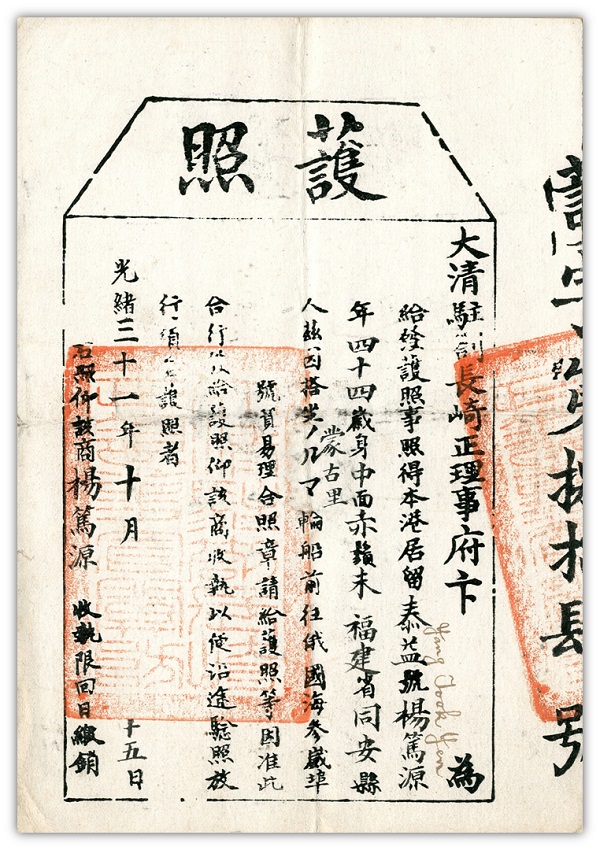 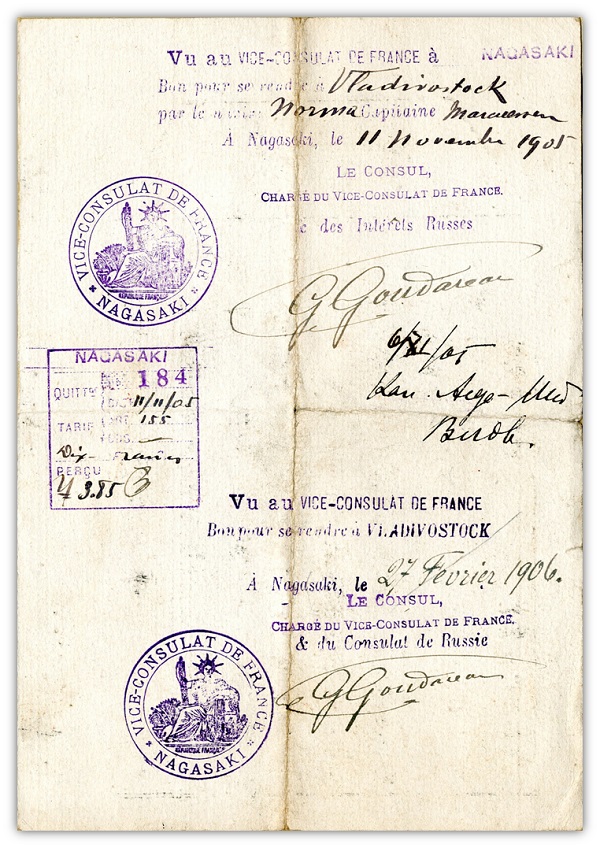 Figure 11: A Tai-yi hao staff member’s passport, issued by the representative office of the Qing government in Nagasaki.
Source: Papers of Tai-yi Hou in Nagasaki, Taiwan Archival Information System 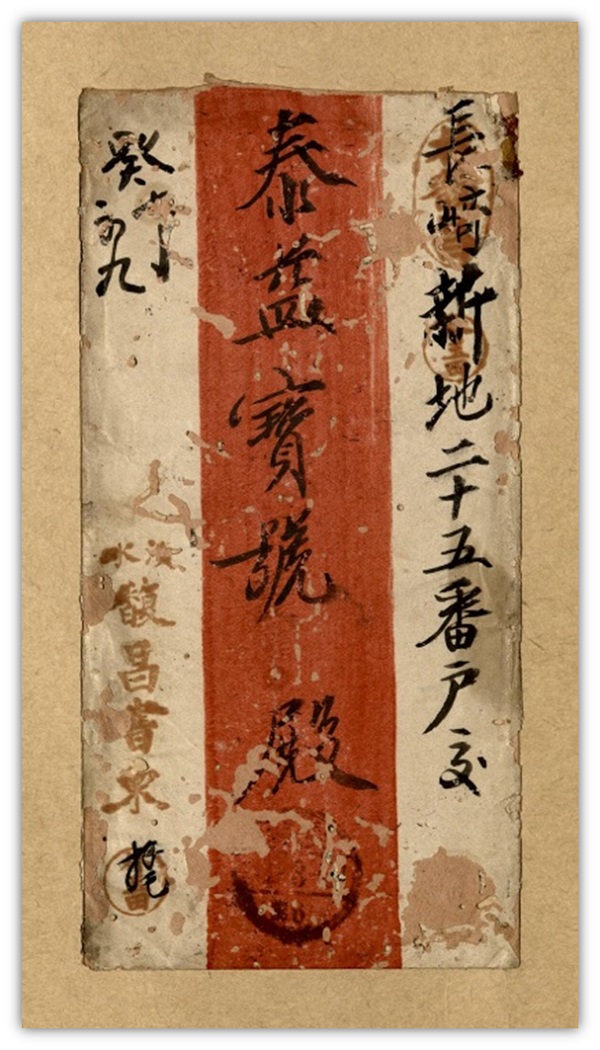 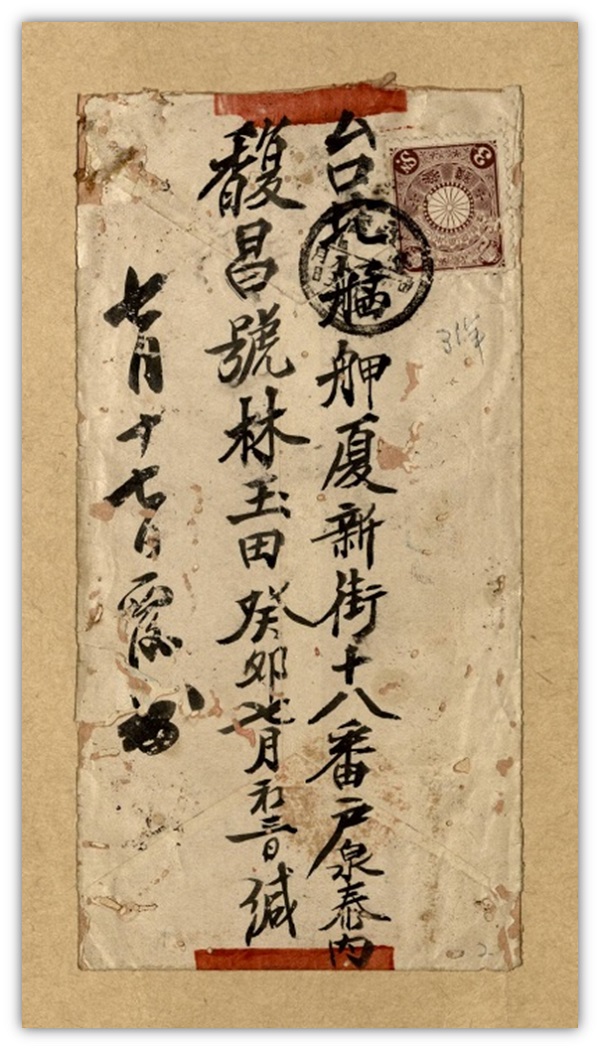 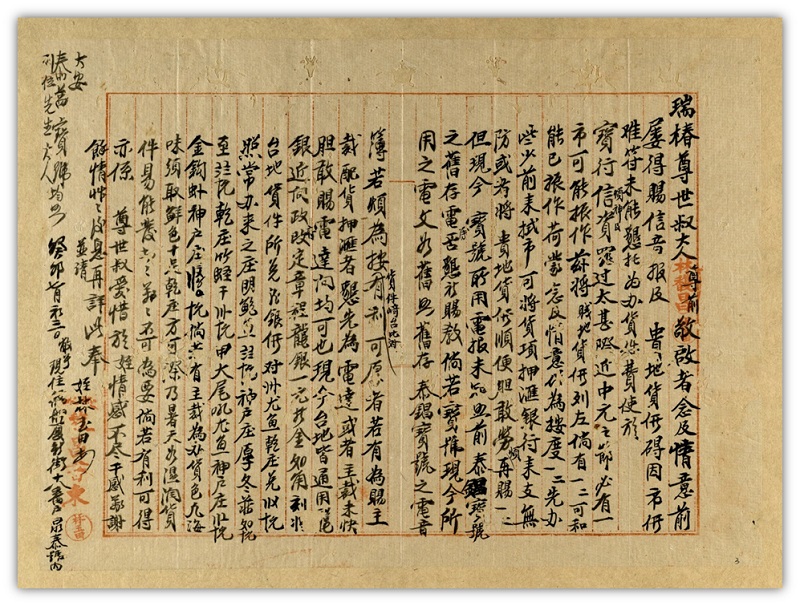 Figure 12: A letter sent form Fu-chang Hao in Bangkah to Chen Guo-liang in 1903.
Source: Identifier: T1001_02_10_055, Papers of Tai-yi Hou in Nagasaki, Taiwan Archival Information System 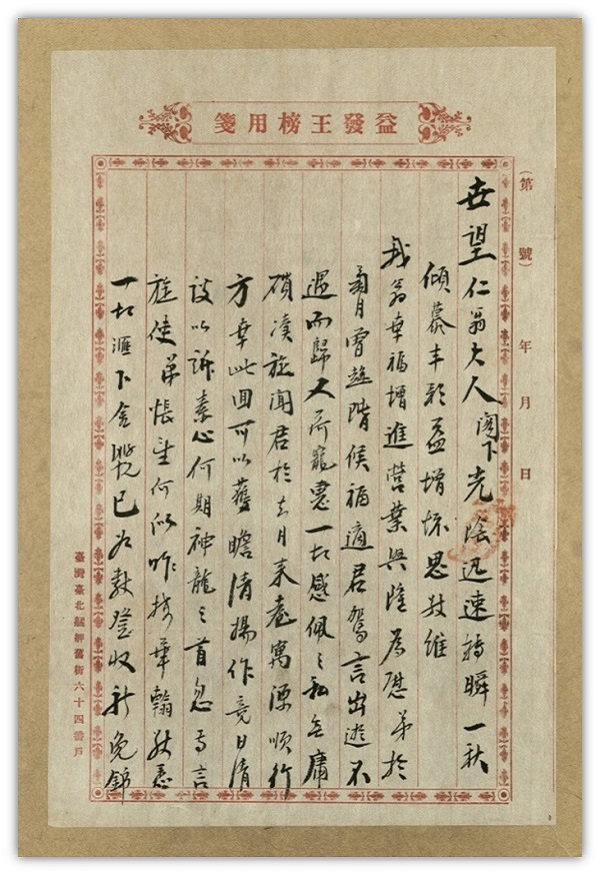 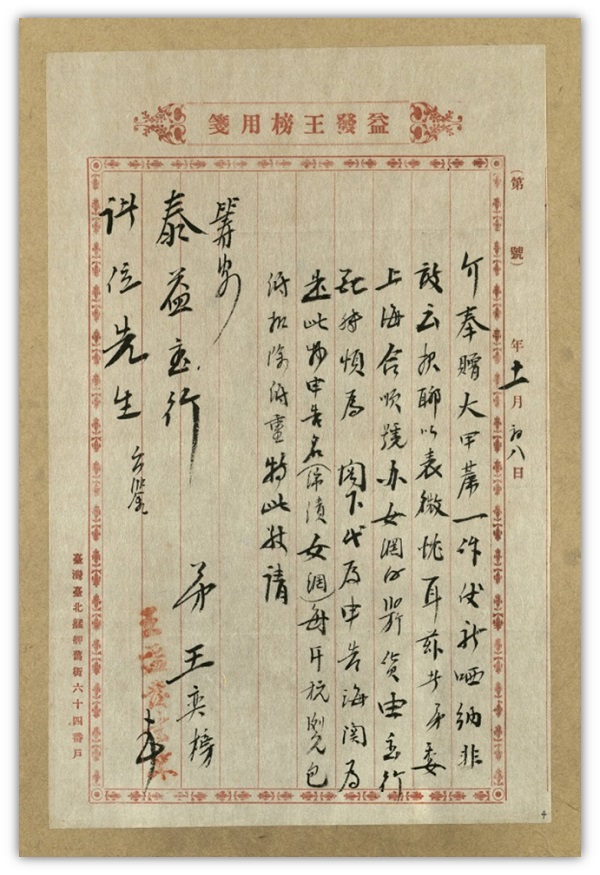 Figure 13: A letter sent form Yi-fa Wang-bang in Bangkah to Chen Shi-wang in 1913.
Source: Identifier: T1001_02_07_039, Papers of Tai-yi Hou in Nagasaki, Taiwan Archival Information System |
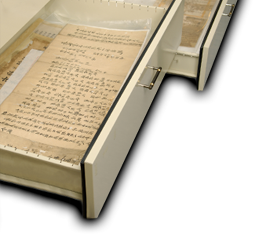 |


